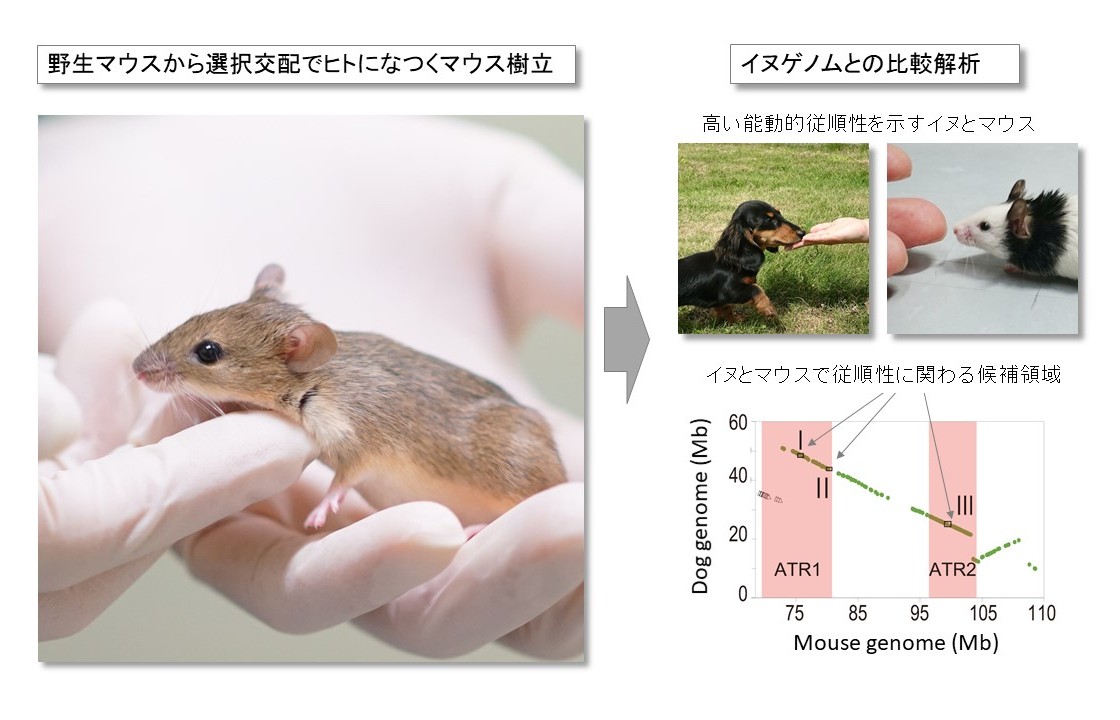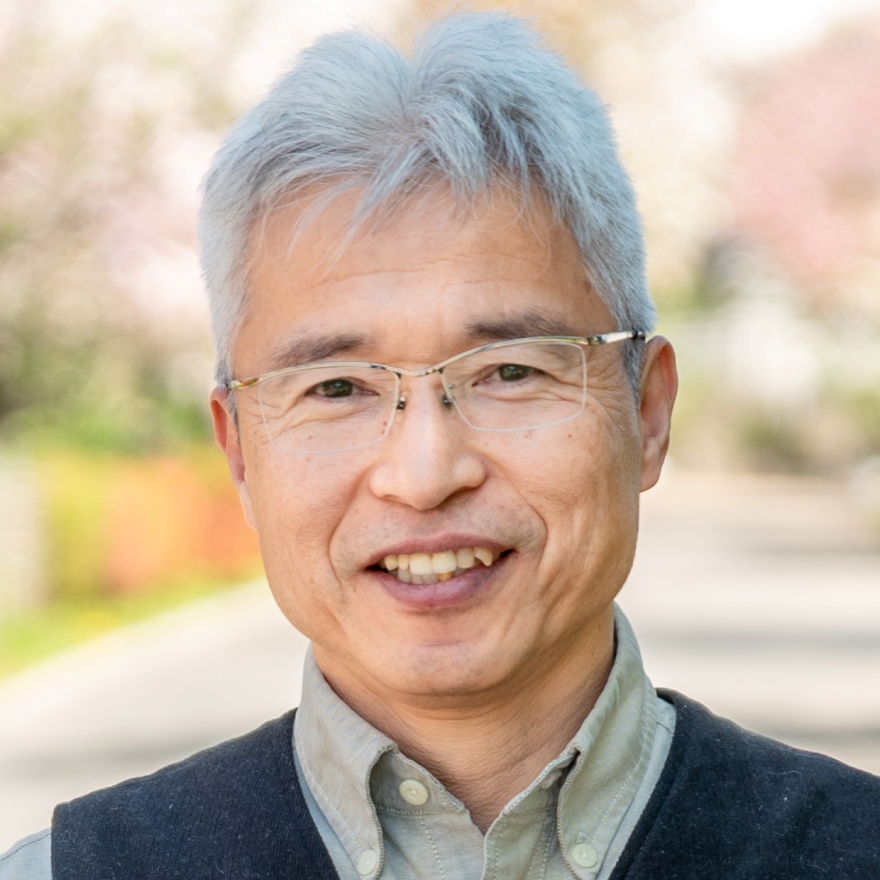Koide Group • Mouse Genomics Resource Laboratory
Behavioral genetics using wild-derived mouse strains
Faculty
Research Summary
The genetic basis for individual differences in complex traits is still unclear. In order to clarify the mechanisms related to behavioral diversity, we are using a series of wild-derived mouse strains. Wild derived strains exhibit a prominent degree of wildness and phenotypic diversity among them. We are also developing efficient genome editing methodologies in rodents with CRISPR/Cas9. We are identifying genes related to behavioral diversity using these tools, and are aiming to understand the role of these genes in the molecular, cellular, and neural mechanisms that underlie this behavioral diversity.

Selected Publications
Takanami K, Kuroiwa M, Ishikawa R, Imai Y, Oishi A, Hashino M, Shimoda Y, Sakamoto H, Koide T. Function of gastrin-releasing peptide receptors in ocular itch transmission in the mouse trigeminal sensory system. Front Mol Neurosci. 2023 Nov 30;16:1280024.
Ono K, Sujino T, Miyamoto K, Harada Y, Kojo S, Yoshimatsu Y, Tanemoto S, Koda Y, Zheng J, Sayama K, Koide T, Teratani T, Mikami Y, Takabayashi K, Nakamoto N, Hosoe N, London M, Ogata H, Mucida D, Taniuchi I, Kanai T. Downregulation of chemokine receptor 9 facilitates CD4+CD8αα+ intraepithelial lymphocyte development. Nat Commun. 2023 Aug 24;14(1):5152.
Imai Y, Tanave A, Matsuyama M, Koide T. Efficient genome editing in wild strains of mice using the i-GONAD method. Sci Rep. 2022 Aug 15;12(1):13821.
Matsumura R, Yoshimi K, Sawai Y, Yasumune N, Kajihara K, Maejima T, Koide T, Node K, Akashi M. The role of cell-autonomous circadian oscillation of Cry transcription in circadian rhythm generation. Cell Rep. 2022 Apr 19;39(3):110703.
















